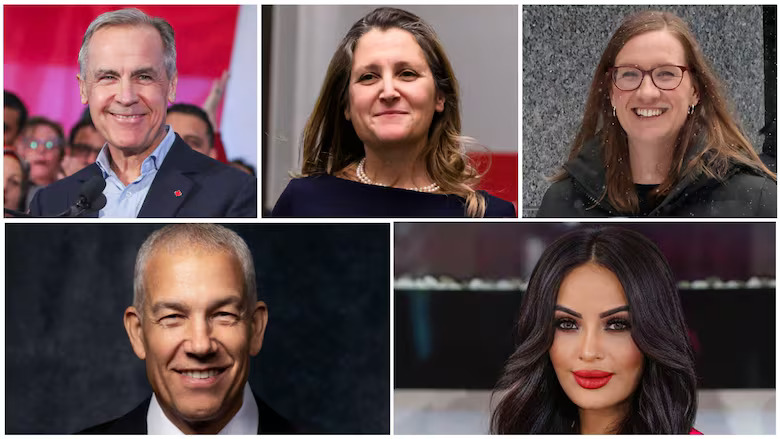As the Liberal Party of Canada approaches its leadership election on March 9, 2025, five candidates are vying to succeed Justin Trudeau as both party leader and Prime Minister. Each has outlined distinct policy proposals to address current national challenges, particularly in response to recent U.S. tariff threats.
Mark Carney
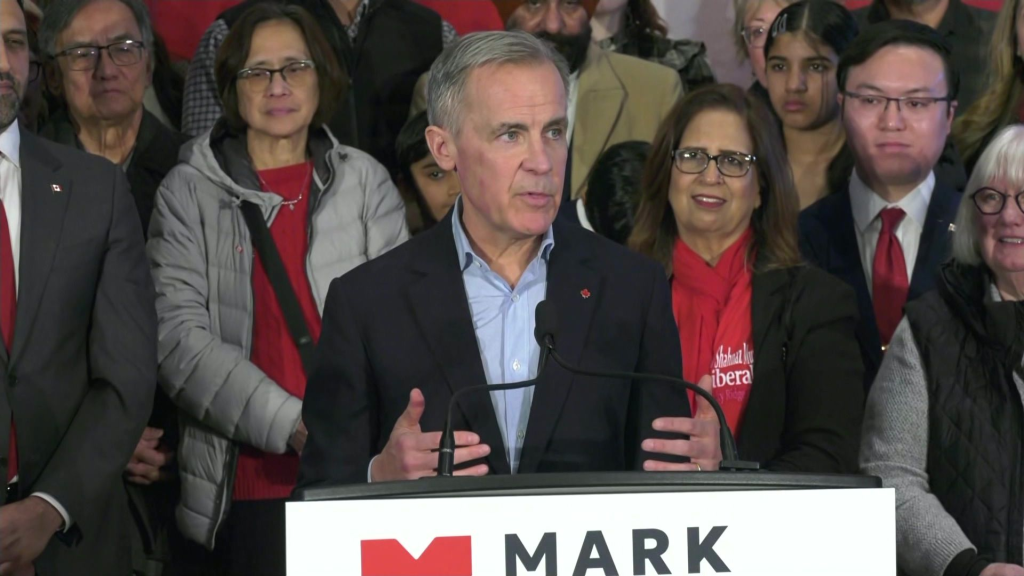
Former Bank of Canada and Bank of England governor Mark Carney emphasizes economic resilience and centrist policies. He proposes replacing the consumer carbon tax with an incentive program to reward environmentally friendly choices, while maintaining the tax on large industrial emitters. Carney also commits to increasing defense spending to meet the NATO target of 2% of GDP by 2030 and plans to cut red tape to facilitate building projects and reduce interprovincial trade barriers. He advocates for scrapping the capital gains tax increase and implementing tax cuts for the middle class.
Chrystia Freeland
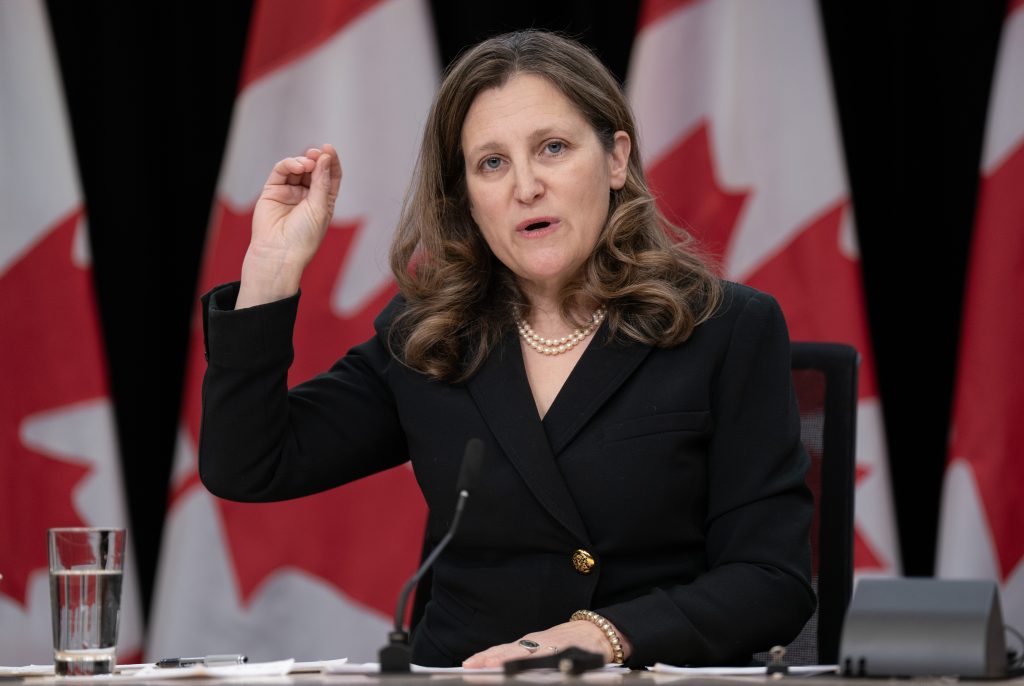
Former Deputy Prime Minister and Finance Minister Chrystia Freeland positions herself as a tested negotiator, especially in dealing with U.S. President Donald Trump’s administration. She proposes a firm stance against U.S. tariffs, including dollar-for-dollar retaliation and specific measures such as 100% tariffs on Tesla vehicles. Domestically, Freeland plans to replace the current carbon tax with a system developed in collaboration with provinces and territories, scrap the proposed increase to the capital gains tax inclusion rate, and implement automatic leadership reviews at biennial conventions. She also aims to increase defense spending to 2% of GDP by 2027, reduce the second income tax bracket rate from 20.5% to 19%, and cap profit margins on essential goods.
Karina Gould
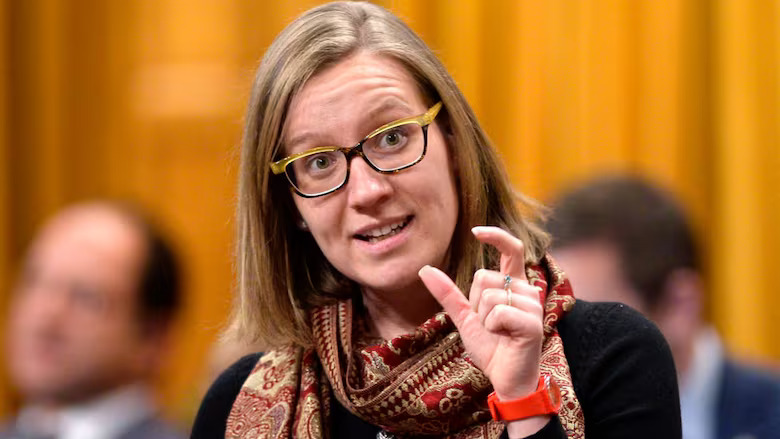
Government House Leader Karina Gould presents herself as a fresh voice focused on affordability and social support. She proposes temporarily reducing the Goods and Services Tax (GST) from 5% to 4% for one year and permanently removing GST on children’s clothing, diapers, strollers, and car seats. Gould also plans to increase the corporate tax rate from 15% to 17% for companies earning over $500 million in profits and offer interest-free loans covering up to 50% of a home’s purchase price for first-time buyers. She advocates for widening eligibility for employment insurance, introducing a universal basic income program, and pausing the scheduled increase in the carbon tax to develop a comprehensive plan.
Frank Baylis
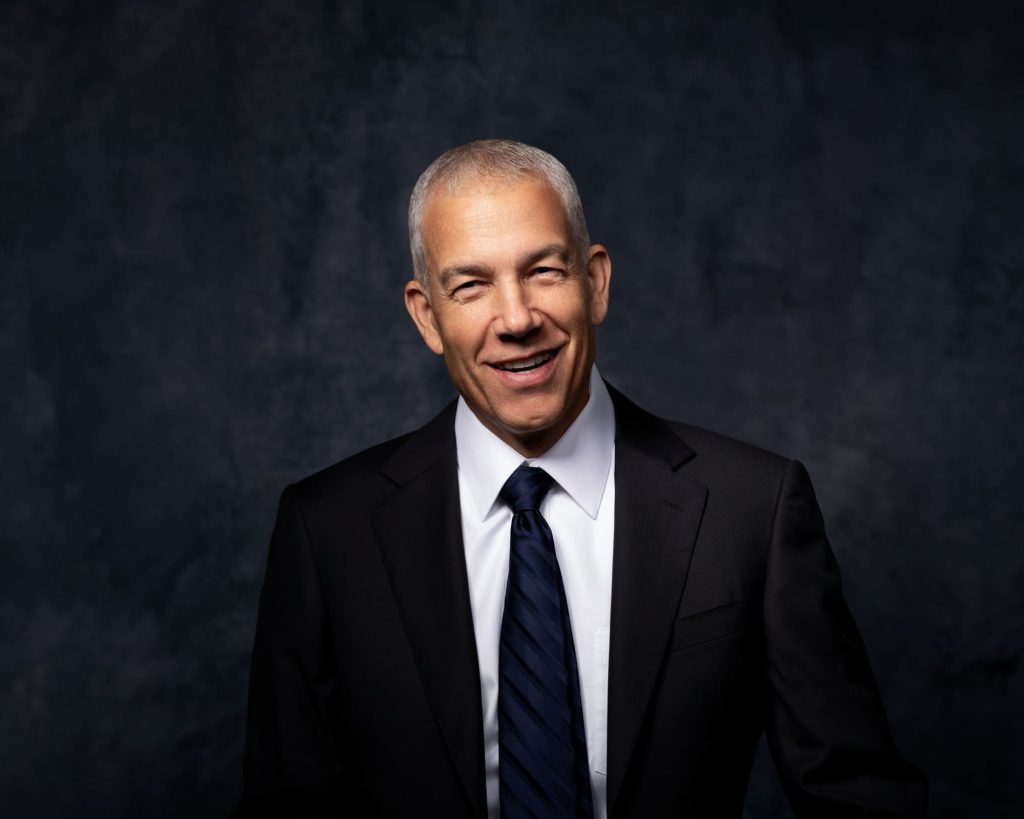
Former Member of Parliament Frank Baylis focuses on governmental reform and economic investment. He proposes limiting senators and MPs to 10-year terms, creating a second House of Commons chamber for debate, and redistributing power to MPs rather than party leaders. Baylis emphasizes investing in Canadian universities, businesses, and incubators, as well as decreasing government debt. He also supports recognizing Palestine and investing in rebuilding efforts in Gaza.
Ruby Dhalla

Former MP Ruby Dhalla positions herself as a right-leaning candidate with a focus on law and order. She proposes negotiating with President Trump instead of imposing retaliatory tariffs, deporting illegal immigrants, and imposing life sentences for possession of hard drugs. Dhalla also advocates for appointing an “economic czar” to identify waste and overspending and a “health czar” to review the healthcare system.
The outcome of this leadership race will significantly influence Canada’s domestic policies and its approach to international relations, particularly in navigating the challenges posed by U.S. economic policies.

